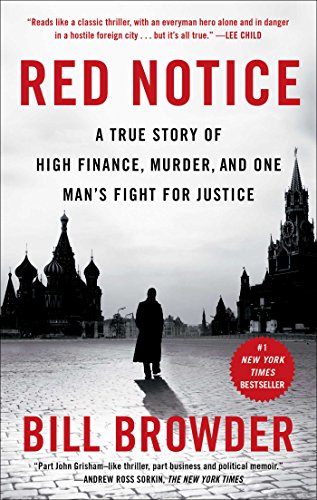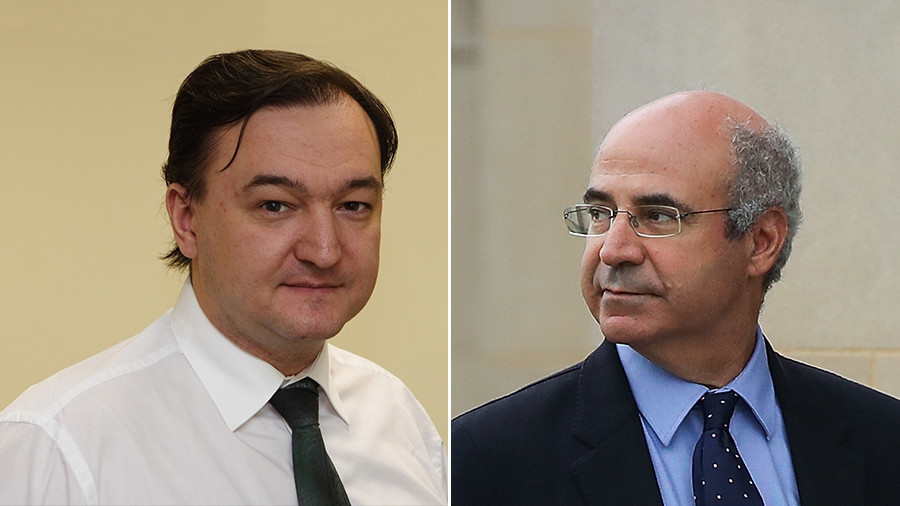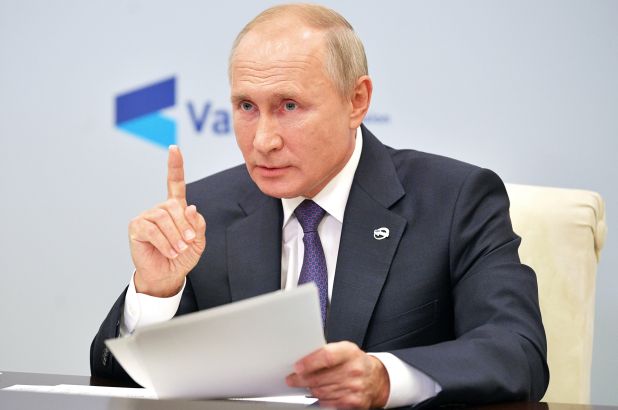 I’d be surprised if you never wondered what the hell the “Magnitsky Act” or the “Magnitsky Sanctions” were as you went through the early years of the Trump/Russia investigation/kerfuffle. I sure did.
I’d be surprised if you never wondered what the hell the “Magnitsky Act” or the “Magnitsky Sanctions” were as you went through the early years of the Trump/Russia investigation/kerfuffle. I sure did.
But now, a mere 380 pages of Bill Browder’s autobiographical “Red Notice” later, I can let you in on the secret. It’s as simple as an act of the US Congress that put sanctions on about 60 oligarchs implicated in the murder of Sergei Magnitsky.
Browder is an investment banker who made a whole pant-load of money when he figured out that the company shares distributed to the Russian population as part of the privatization program following the fall of the Soviet Union were seriously undervalued. He was able to buy the shares and create a market for them and sell them for their true valuation.

Along the way he was at first a hero to Putin, but later a troublemaker after Putin made a deal with oligarchs stealing the companies that he would get half the cash they got for the companies. It’s complicated and I don’t pretend to have understood it all, but once Putin made him an enemy, Browder was on the run.
Magnitsky was a Russian tax lawyer who made things worse by uncovering a tax scam scam in which the Russian government refunded hundreds of millions of Rubles of tax money to people from whom it hadn’t been collected. The oligarchs had stolen companies from their rightful owners and demanded tax refunds in a complicated scheme tied up with the privatization. But whereas Browder returned to London, Magnitsky stayed in Russia where he was soon arrested, jailed, tortured and ultimately murdered.
The Russian payback for the sanctions imposed by the Magnitsky Act was to prohibit Americans from adopting Russian orphans, a popular practice at the time. That’s why you heard about the infamous Trump Tower meeting being about nothing more than adoptions. Trust me, it wasn’t.

Read the book and find out why.
the writing quality, it was spotty at best. Browder is a financial guy and writes like one but decided to also include his romantic and sex life and talk about people crying at his presentations on the fate of his friend Magnitsky. That would better have been left to a good novelist, not to Browder. It’s also way too detailed and wordy . . . I’d estimate that there are about 30% more words used than were necessary to write the book.
That said, I learned something, and for that I am grateful.
Recent Comments